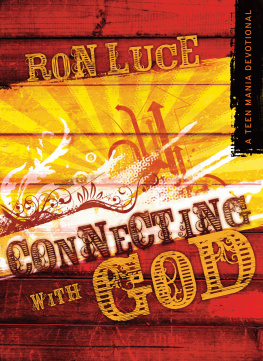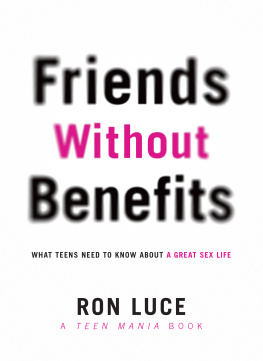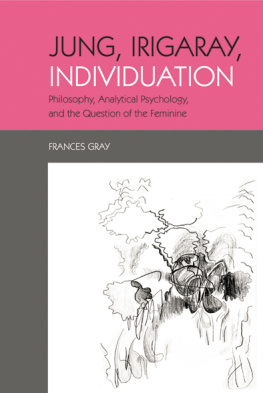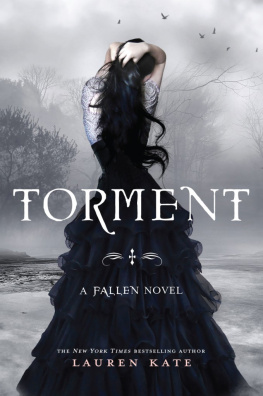
For leaky people everywhere

Contents
To everyone at Green Tree and Bloomsbury who has read about my muff, especially my wonderful editor Charlotte Croft, who understood PMSL right from the start and patiently highlighted all the synonyms for fanny. Sarah Skipper and Helen Williamson for solidarity, kindness and fine edits and Jasmine Parker for all the drawings. Im sorry I put you through it all. My agent, Julia Silk, who took me on when I was all fire and fury and helped me craft a book from it: you were right about everything . I hope weve created something of which we can all be proud. And my pen pal Deborah Crewe for giving good email, liking my jokes, reading an entire blog, and tricking me into writing a pitch. To be honest? I dont know what I did to deserve any of you.
My husband Robin and our boys, about whom there is too much to say and without whom it would all be worthless: you taught me what love is after all. And Mum, Dad, Alice, Rosie and Martha sorry for all the swearing, but thank you. You taught me what love was in the first place.
The people and institutions who contributed to this book with expertise, including Elaine Miller, Mars Lord, Rachel Boyce, Katharine Lough, Nicolette Zeeman, Lois Boyle, Vicky Franks, Pippa Mundy, Patrick Campbell, Amy Peake, Mary Lynne van Poelgeest, Stephanie Taylor, Myra Robson, Kath Samson, Viv Grey, Ella Hoskin, Pelvic Roar, Freedom From Fistula, the Bladder and Bowel Community, IFCP and many people who werent named but shared so much. The Pool (RIP) for letting me start the conversation with them. And the Naked Podcast for letting me practise baring all.
Elaine Miller, Im so honoured that you aligned your soapbox with mine. Like everyone else in the NHS who works daily to fix leaky people, you should be showered with roses wherever you walk. #SMASHTHESTIGMA
The mighty physiotherapists, continence nurse specialists, GPs, psychologists, counsellors, midwives, surgeons, receptionists, pharmacists and other healthcare workers who have been there for me at the worst times, put me back together every which way, and offered me compassion, help and hope. Like many people you are anonymised and amalgamated here but I hope you know that I remember you all, and will always, always be grateful for those words of encouragement (especially when the lights were about to go out). This book is for you as much as anybody else.
Mighty STBC (plus Lea) so much more than a book group. You offered cheese, wine, and love, when I met you at my lowest ebb. And Becky Rykalski for many things, including her characteristic generosity in sharing you all with me. It was oh so fine.
My writing group: Ellen Hewing, Tammy Hoyle, Alex Sarll, Tamar Burman the first to hear the grimmest bits. Thank you for not running out of my kitchen screaming.
The gorgeous souls (and great friends) who read my drafts and plans and offered insight from inside and outside their comfort zones especially Scott Pack, Beck Bream, Catherine Baigent, John Oates, Antonia Thompson, Kath Aiken, Ellie Levenson, and Matt Shinn (despite his terrible advice on titles). Also, Kerry Smith for reading it twice , Jess Ruston, for friendship at 5 a.m., Rachel Harris, the nicest lady doctor of all, and Sophie Ranald, for stellar second draft advice.
And then theres the rest of you, amazing folk who were there for me at work and play, in sickness and in health, as a mum and a friend, on and off line, especially Alison, Billie, Caitlin, Cathy, Clare, Claudia, Emma, Emily, Hamira, Heidi, Leah, Mel, Neil, Sal, Sheryll, Tanya, my NCT alumni, The Kids, Mums on the Run, my colleagues, especially my millennial advisors, the boys who pre-ordered, and my personal comms team. And a shout out to Big Green Bookshop, The All Good Bookshop, and Chris Brosnahan for retweets, recommendations, and giving encouragement to a sleep-deprived customer who wanted to write something but couldnt work out what.
And, finally, Cath Dean: you were a fearless cheerleader. The first to read a draft and the quickest to congratulate me on it becoming an actual book. I just wish you were here to be the first to hold a copy.
Luce Brett, 02 February, 2020
Hang on
stigma
NOUN
(1) A mark of disgrace associated with a particular circumstance, quality, or person.
Oxford Living Dictionaries
...
Bladder weakness alone affects 1 in 3 people and is more common than hay fever.
World Federation of Incontinence Patients
Physiotherapist, Comedian, Fellow of Chartered Society of Physiotherapists
There are some questions which are unwelcome, like Did you used to be a pretty lady, Mummy? or, How did you get invited? but, Do you wet yourself? has to be one of the most awkward. Such is the silence which surrounds incontinence its a question thats rarely asked and one most of us would answer with a tinkly laugh and a firm lie. I get to ask that question to people every day because Im a pelvic health physiotherapist.
The stats for incontinence are really depressing reading one in three women wet themselves, and about one in 10 have problems controlling their bowels; isnt that shocking? Look at your office, your bus, your sports class, your home if there are three females there, then one is probably thinking about her bladder and bowel most of the time. Leaking affects women of all ages, race and class women who have not had kids, ones who had a birth injury, sporty women, sedentary women basically, the science says that if you are female you are at risk of incontinence. I think we need to talk about this more, which is why I was so delighted when Luce said she was writing this book.
I also think the figures are too low. Embarrassment silences us. Its an unusual person who, when asked, Excuse me, do you wet yourself? says, Yes, I do.
Im hard to embarrass. Pee, poo and sexual function are my favourite topics of conversation. Your pelvic floor is like a reliable legal system you really dont notice its there day to day, but, without it, life is chaos. Most of my days in clinic are spent elbow deep in leaky ladies, trying to jigsaw their continence back together. I love my job living with incontinence takes a huge amount of preplanning and organising and worst-case-scenario prep, and I like seeing women restored to being able to leave the house without a giant bag containing a couple of changes of clothes and a plan B in it. The stories I hear in clinic of when the worst-case-scenario happened are always upsetting: incontinence can ruin lives.
One of my frustrations is that it often takes years for a woman to seek help, which is a shame because physio works for the majority of us. I wondered whether humour might help break down the taboos and embarrassment which prevent help-seeking, so I did the obvious thing combined my hobby of stand-up comedy with work, and wrote an Edinburgh Fringe show about pelvic floors. I knew that comedy could be an effective health promotion tool and that the trick was making sure that it is the problem, not the person with the problem, who is the butt of the joke.
The parenting website, Mumsnet, had a motherload of stories about birth injuries, prolapse, and piles. There were pages and pages of women talking honestly about their experiences; only able to be brutally honest because they were anonymous.
Thats where I first had the pleasure of Luce Bretts writing, discovering her blog about urodynamic testing ( see Chapter 14). It was a comprehensive, funny, sweary, and raw look at a bread-and-butter investigation in clinic and it was brilliant. Her account of the investigation had me totally hooked. Id never had the investigation myself and she made me laugh out loud with the ridiculousness of how badly clinicians complicate things. She was also prepared to use some choice language to get to the heart of her anger and anxiety, to help me as a reader understand exactly how she felt, even when those feelings were really difficult. I wanted to find this brilliant woman and convince her to be my friend. So I did, and we have subjected our pelvic floors to many challenges with laughter and wine.

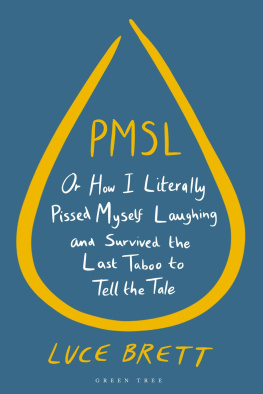
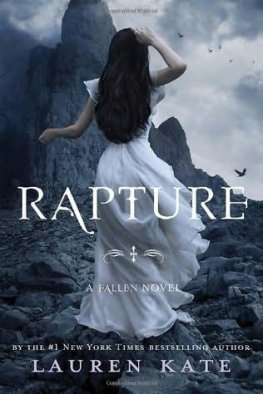

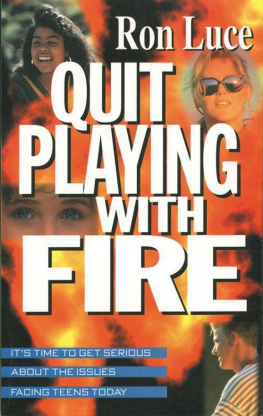
![Simon Brett [Simon Brett] - Mrs. Pargeter’s Pound of Flesh](/uploads/posts/book/142156/thumbs/simon-brett-simon-brett-mrs-pargeter-s-pound.jpg)
